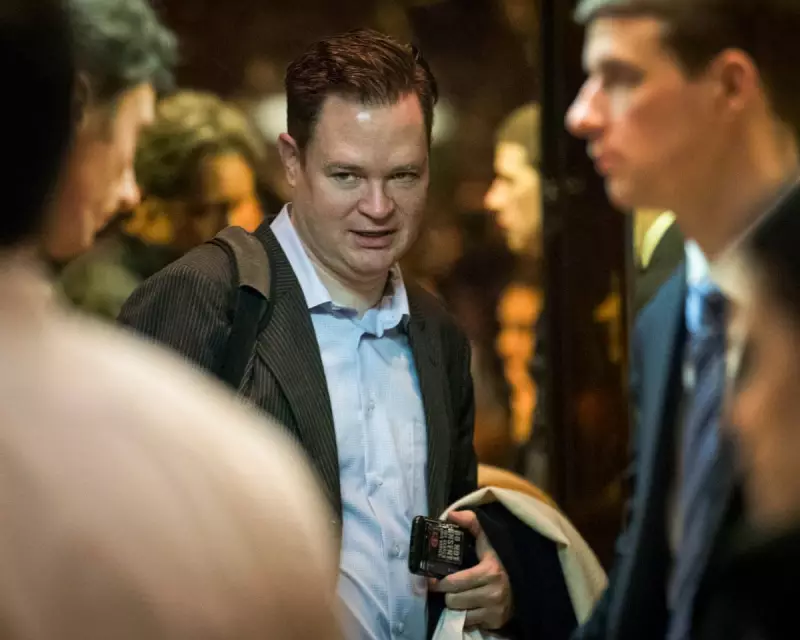
In a bold and contentious move that is sending shockwaves through the American public health establishment, the Centers for Disease Control and Prevention (CDC) is undergoing its most profound transformation in decades. At the epicentre of this revolution is Jim O'Neill, a figure whose unconventional background and radical ideas are challenging the very DNA of the institution.
Appointed not as a traditional director but as a 'lead executive', O'Neill's mandate is clear: dismantle the labyrinthine bureaucracy that has long defined the CDC and unleash a new era of agility and innovation. His mission, directly influenced by former President Trump's vision, is to refocus the agency on its core mission, stripping away layers of management that have, in his view, hampered its effectiveness.
A Managerial Maverick in a World of Scientists
O'Neill's arrival was met with scepticism. Unlike his predecessors, he is not a medical doctor or a career scientist. His credentials were forged in the worlds of venture capital and government administration, most notably as an associate deputy secretary at the Department of Health and Human Services (HHS). This background is his greatest strength—and his biggest liability in the eyes of critics.
His philosophy is ruthlessly pragmatic. He openly questions the value of peer-reviewed publication—the sacred cow of academic science—arguing that the CDC's primary duty is to protect public health, not to contribute to academic journals. This has put him on a direct collision course with the agency's entrenched scientific culture.
The Blueprint for a Leaner, Meaner CDC
The overhaul is not merely philosophical; it is structural and sweeping. O'Neill's strategy is built on several key pillars:
- Flattening the Hierarchy: Eliminating numerous management layers to accelerate decision-making and push authority downward.
- The 'CDC Labs' Initiative: Creating nimble, mission-driven teams designed to operate with the speed and focus of a tech startup, bypassing traditional bureaucratic channels.
- Streamlining the FDA: While not directly leading the Food and Drug Administration (FDA), O'Neill is a vocal proponent of radical reform there too, advocating for a system that approves drugs based on safety alone, allowing the market to determine efficacy.
These changes have sparked a fierce internal debate. Proponents hail them as a long-overdue modernisation, while detractors fear the erosion of scientific rigor and the demoralisation of a world-class workforce.
Navigating the Political Minefield
O'Neill's role is inextricably linked to the political sphere. His close alignment with Trump's health policy agenda ensures that every success and misstep is viewed through a highly partisan lens. The article reveals a leader who is keenly aware of this dynamic, strategically navigating the pressures from the West Wing while trying to implement his vision within the CDC's sprawling Atlanta headquarters.
The ultimate test, of course, will be the agency's performance in the face of the next major public health crisis. Will a leaner, more business-oriented CDC be more agile and effective? Or will the loss of institutional knowledge and scientific depth prove to be a catastrophic error?
Jim O'Neill is betting his reputation—and the health of the nation—on the former. The public health world watches and waits, knowing the outcome will redefine American medicine for generations to come.





